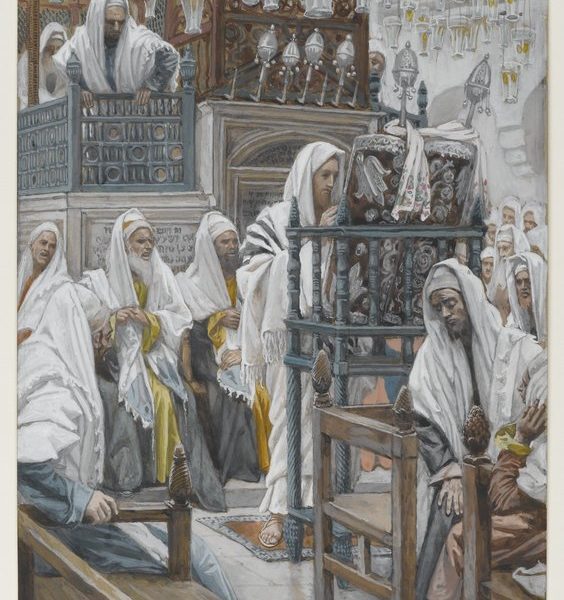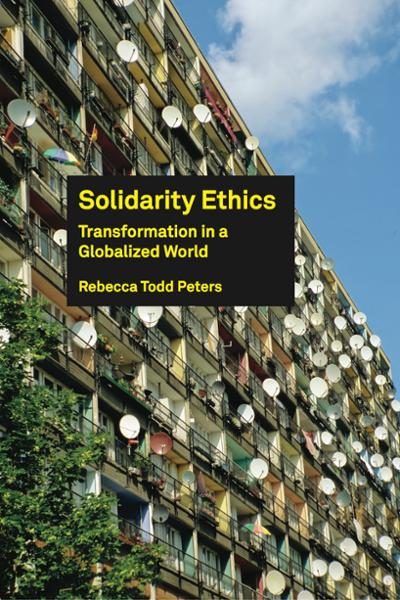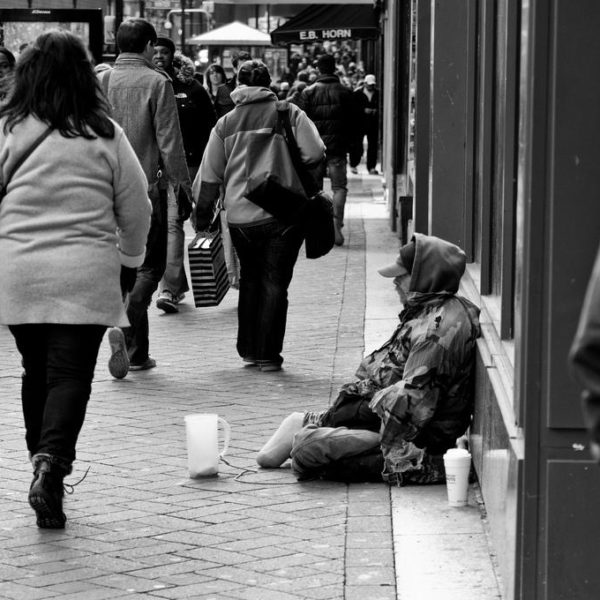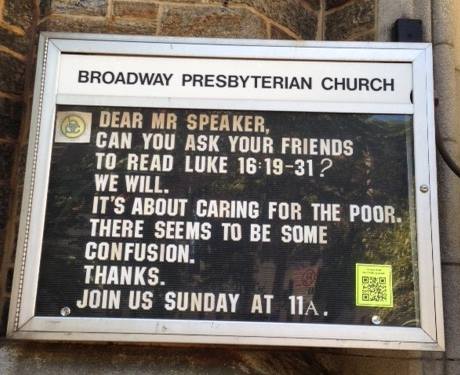
In this week’s reading from Mark’s gospel Jesus challenges the complacency that so commonly comes with privilege. The ease of privilege within the status quo can inure us to the claims of truth or justice that might unsettle it or that might trouble its assurance of its purchase upon reality. Yet such claims lie at the very heart of the Kingdom of God.

A 2005 New York Times poll discovered that 80 percent of US citizens believe that it is indeed possible to pull yourself up by your own bootstraps (quoted on p. 70). In her new book Solidarity Ethics, Rebecca Todd Peters argues that it is this belief in self-sufficiency that, in part, underwrites the structural issues of oppression and inequality of our neoliberal globalized world. Global structural evils stand on the values and worldview of the privileged. And the benefits of privilege are so deeply woven into the fabric of our quotidian realities that it requires a concrete change in perspective—a conversion, in fact—to recognize the problems this privilege also creates for others.

Privilege is a ubiquitous reality in our world, though one to which we are often oblivious as privileged persons. In Paul’s description of his posture towards his privilege he gives us a worked example of what conformity to Christ can look like and poses the challenge to us to follow the same path in our own situations.

